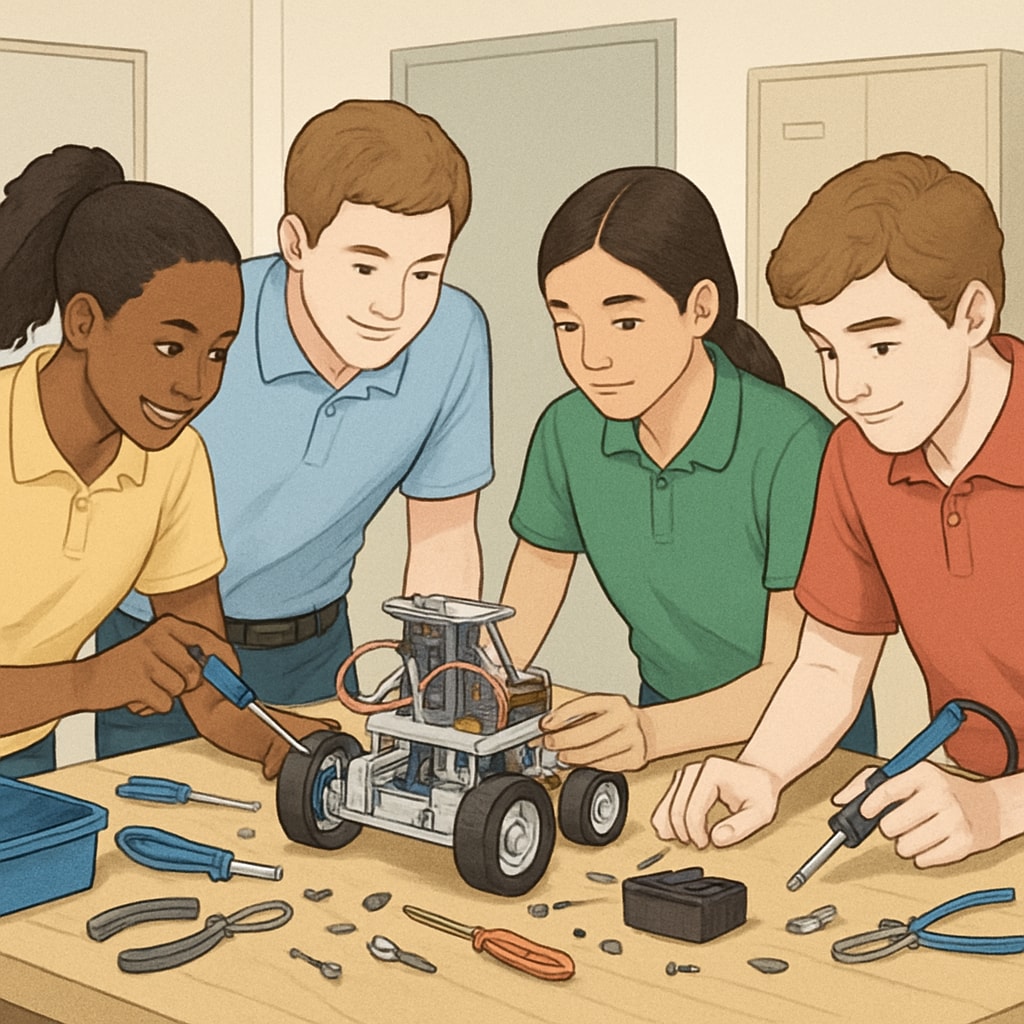In today’s highly competitive academic environment, relying solely on traditional education courses is no longer enough to set students apart. High school students, especially those preparing for critical years like senior year, should actively pursue extracurricular learning opportunities. By exploring a range of quality resources, students can expand their knowledge, gain new perspectives, and enhance their skills. This article provides a comprehensive guide to finding both free and paid educational resources outside the classroom.
Why Extracurricular Learning Matters
Extracurricular learning, which encompasses any educational activity beyond formal school curriculum, offers numerous benefits. For instance, it helps students develop skills not typically emphasized in school, such as critical thinking, problem-solving, and creativity. Additionally, these experiences can enhance college applications, as universities often value well-rounded candidates who demonstrate initiative and curiosity.
In addition to boosting academic performance, extracurricular learning allows students to explore subjects of personal interest. Whether it’s coding, creative writing, or environmental science, these pursuits can ignite a passion for lifelong learning.
Free Educational Resources for High School Students
Not all extracurricular opportunities require financial investment. There are numerous free platforms and initiatives designed to make learning accessible for everyone. Here are a few suggestions:
- Online Platforms: Websites like Khan Academy and Coursera offer free courses on a wide range of subjects, from math and science to art and history.
- Local Libraries: Your local library can be a treasure trove of resources, including access to eBooks, research databases, and online learning tools.
- Community Workshops: Check community centers or local organizations for free workshops on topics such as public speaking, coding, or art.

Paid Programs for Specialized Learning
While free resources are valuable, some students may benefit from investing in paid programs that offer specialized instruction and mentorship. These programs often provide more structured learning experiences and access to industry experts. Examples include:
- Test Preparation Services: Companies like Kaplan and Princeton Review offer paid SAT/ACT prep courses, which can significantly improve test scores.
- Bootcamps: Coding bootcamps like Codeacademy Pro or General Assembly provide intensive courses for students interested in technology and programming.
- Summer Programs: Universities and private organizations often host summer programs for high school students, focusing on fields like STEM, business, or the arts.
Before committing to any paid program, students and parents should carefully review the course details, instructor qualifications, and reviews from past participants to ensure it aligns with their goals.

How to Identify the Best Resources
With so many options available, it can be overwhelming to choose the right resources. Here are some tips to guide your selection:
- Define Your Goals: Identify what you hope to achieve—whether it’s improving grades, exploring a career path, or learning a new skill.
- Research Reviews: Look for testimonials and reviews from other students to gauge the quality and effectiveness of the resource.
- Assess Flexibility: Choose programs that fit your schedule and learning style, whether self-paced or instructor-led.
- Seek Guidance: Consult teachers, counselors, or mentors for recommendations tailored to your interests and needs.
It’s also essential to periodically evaluate your progress to ensure the resource continues to meet your expectations.
Balancing School and Extracurricular Learning
While pursuing extracurricular learning is important, it’s crucial to maintain a balance with school obligations. Overcommitting can lead to burnout and negatively impact academic performance. To avoid this, create a schedule that prioritizes schoolwork while allocating dedicated time for extracurricular activities. Tools like planners or time-management apps can help students stay organized.
Additionally, parents can play a supportive role by helping students set realistic goals and encouraging them to take breaks when needed.
Conclusion
Finding and utilizing quality extracurricular learning resources can be a game-changer for high school students. By supplementing classroom education with these opportunities, students can enhance their academic profiles, develop valuable skills, and discover new passions. Whether exploring free resources like Khan Academy or investing in specialized programs, the key is to stay curious and proactive.
Start your journey today and unlock your full potential!


